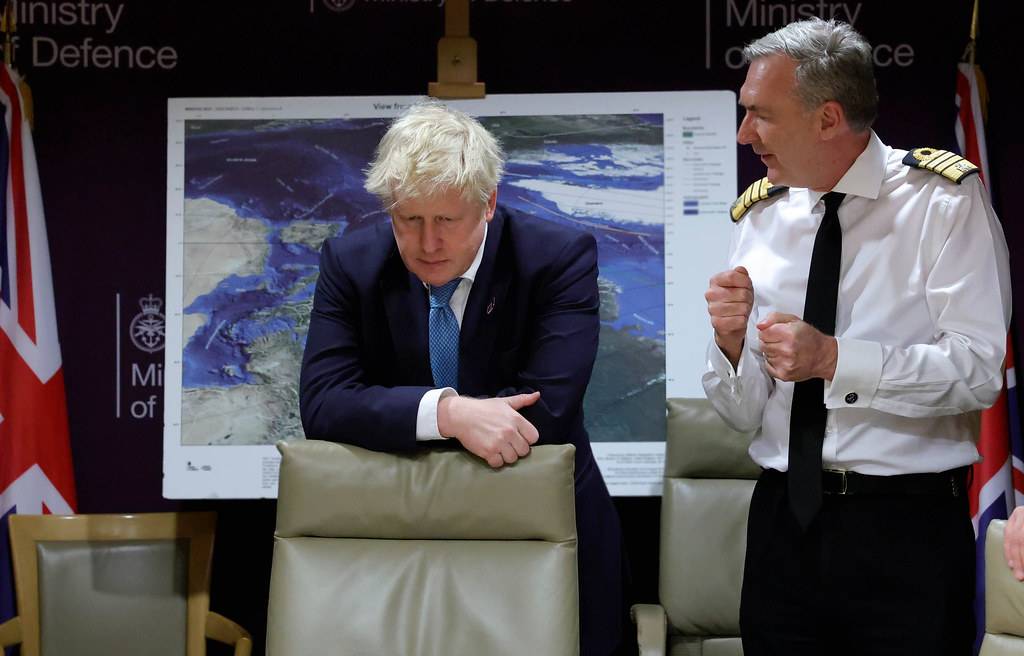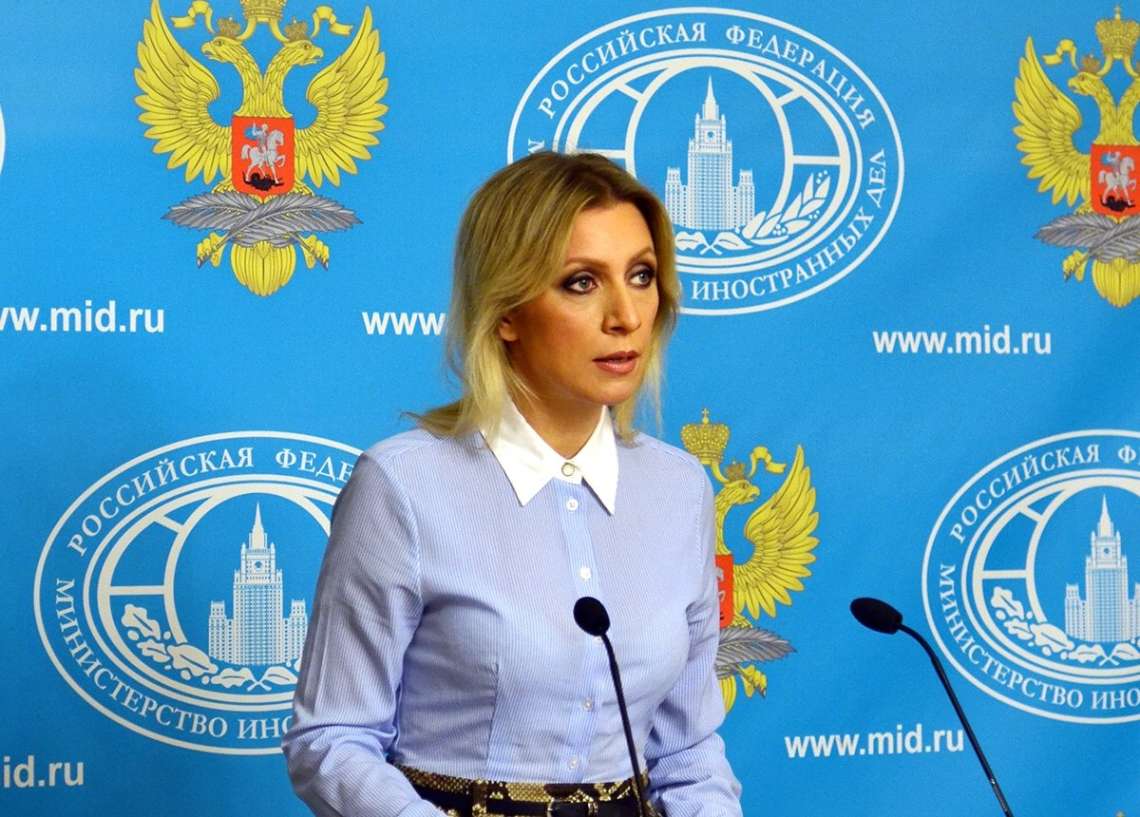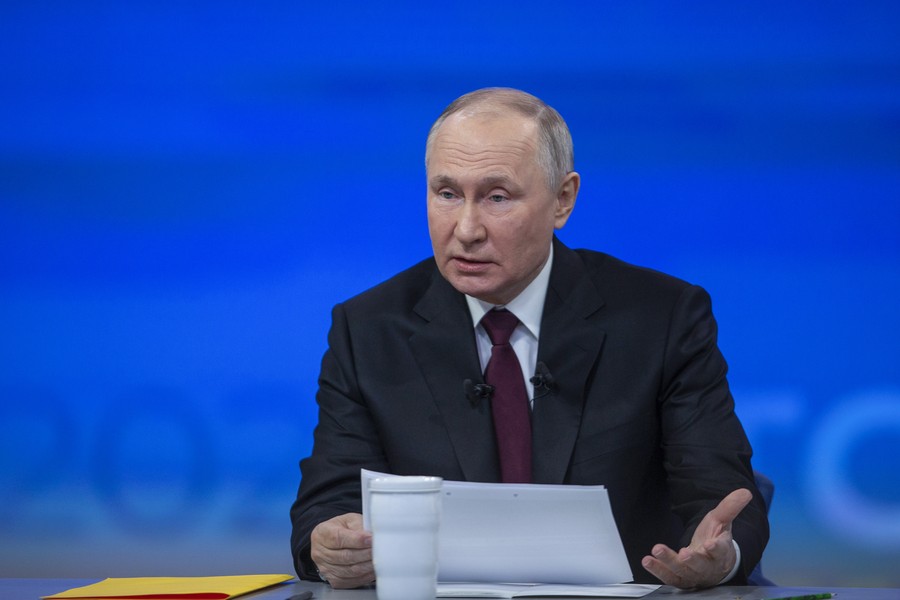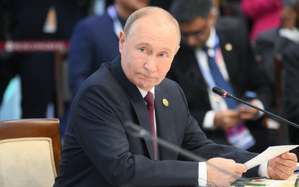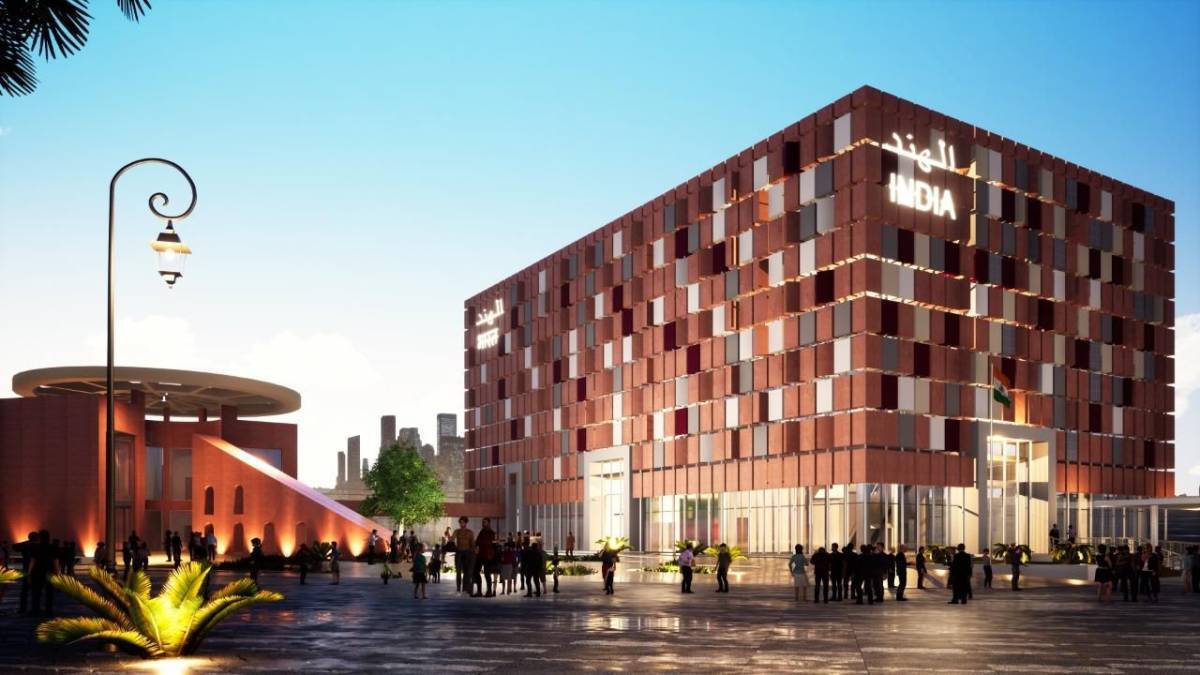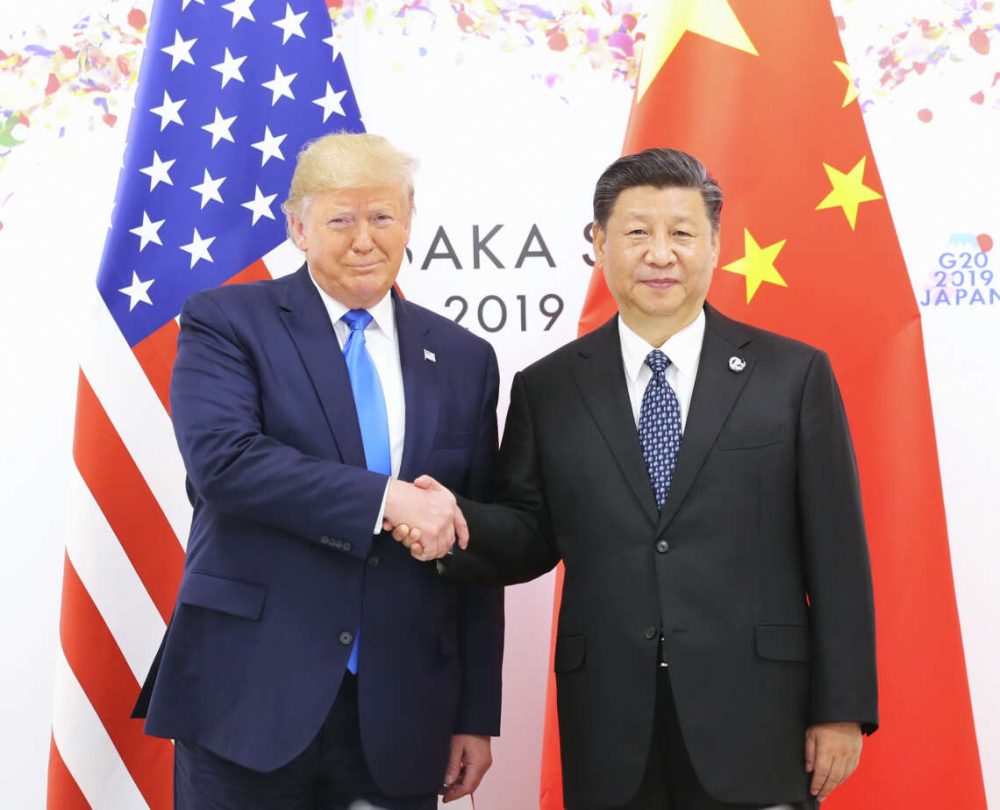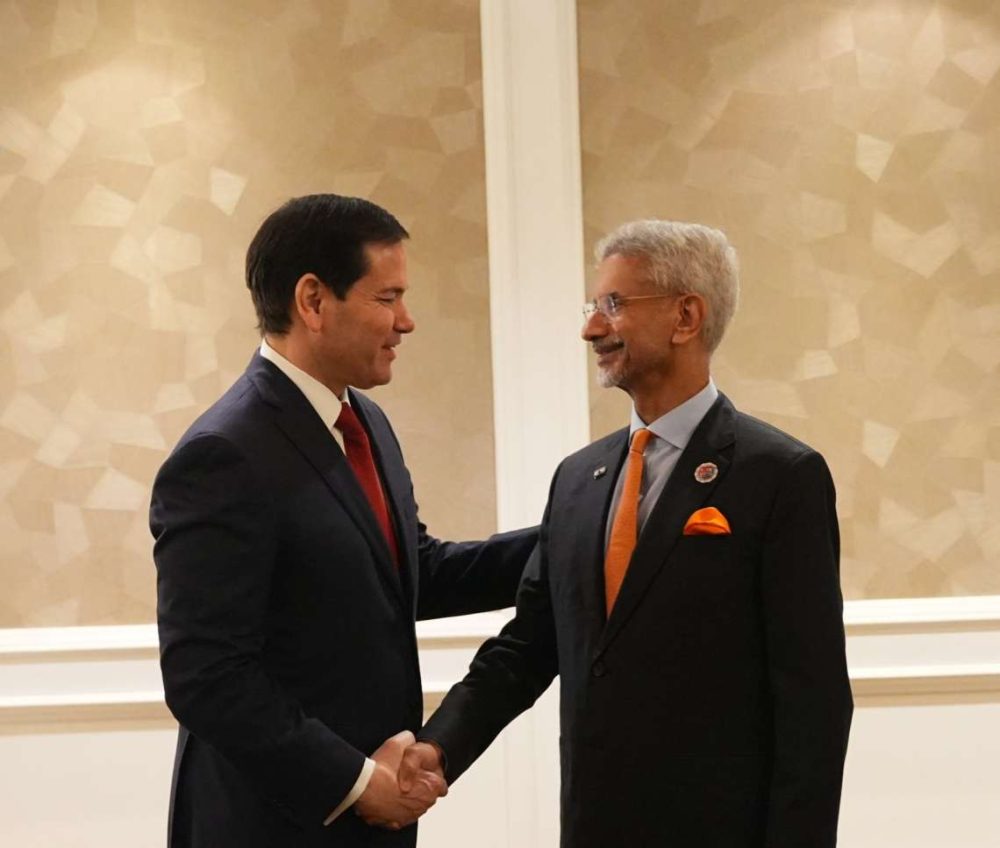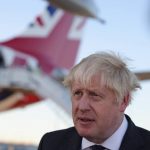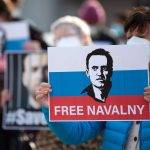PM and UN Secretary-General also agree that any Russian invasion of Ukraine would have “catastrophic consequences,” reports Asian Lite News
Prime Minister Boris Johnson said Wednesday there was “currently little evidence of Russia disengaging” from its military buildup near Ukraine, in a phone call with United Nations Secretary-General Antonio Guterres.
“The leaders reiterated states’ responsibility to abide by their obligations under the United Nations Charter and to respect the sovereignty and territorial integrity of UN members,” Johnson’s office said in a readout of the call.
The pair also agreed that any Russian invasion of Ukraine would have “catastrophic and far-reaching consequences”, a Downing Street spokeswoman added.
The call came on the eve of a UN Security Council meeting Thursday to discuss the crisis on Ukraine’s borders, where Moscow has massed more than 100,000 soldiers.
Britain will be represented at the meeting by its Europe Minister James Cleverly, Downing Street noted.
Johnson and Guterres “reaffirmed the importance of all parties working in good faith” to implement existing agreements struck by Ukraine, Russia and mediating countries concerning the region’s security, it added.
“They agreed to continue working closely together to pursue an urgent diplomatic resolution and avert a disastrous military escalation and humanitarian crisis,” the Downing Street spokeswoman said.
Countries in the alliance have also expressed doubt, as have leaders in Ukraine. Caught between Russia and the West, Ukrainian leaders have repeatedly sought to project calm but also strength during the crisis.
Meanwhile, in a show of resolve, President Volodymyr Zelenskyy declared Wednesday — tipped by some officials as a possible start for an invasion — a “day of national unity.” To mark the day, demonstrators unfolded a 200-meter (656-foot) national flag at a sports arena in Kyiv.
“We are united by a desire to happily live in peace,” Zelenskyy said in a video address to the nation. “We can defend our home only if we stay united.”
The Russian military hasn’t given the number of troops or weapons being withdrawn and offered few other details. And while Russian President Vladimir Putin has signalled he wants a diplomatic path out of the crisis, he hasn’t committed to a full withdrawal.
Putin has emphasized that he did not want war and would rely on negotiations to achieve his key goal of keeping Ukraine from joining NATO.
While those comments seemed to change the tenor, Western leaders insisted that the crisis was far from over. President Joe Biden said Tuesday that American officials had not verified Russia’s claim, and British Defense Secretary Ben Wallace also said “it’s too soon to tell” whether the pullback is genuine, noting that the Russians “haven’t taken the foot of the gas.”
UK to double troops in Estonia
The United Kingdom will double the size of the British force in Estonia as part of a NATO deployment and will send equipment, including tanks and armoured fighting vehicles.
“Alongside our NATO Allies, we are deploying troops and assets on land, sea and air to bolster European defences in response to the build-up of Russian military forces on the border of Ukraine,” British defence minister Ben Wallace said in a statement.
“NATO and our allies have been clear that an invasion of Ukraine will be met with severe consequences.”
US agrees
Meanwhile, Secretary of State Antony Blinken said the United States is yet to see any evidence of a significant Russian withdrawal of its military forces from near Ukraine’s frontiers, despite claims from Moscow that a pullback is underway.
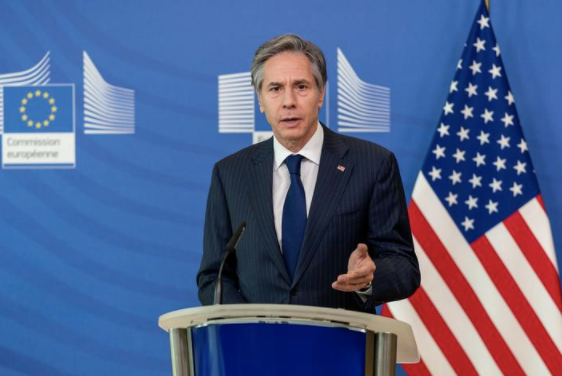
But the Russian defence ministry said its forces were retreating after exercises in the country’s southern and western military districts.
Meanwhile, Ukrainians were marking a “day of unity” called for by President Volodymyr Zelenskyy.
NATO commanders to draw up plans
NATO has tasked its commanders to work out details for deployment of battlegroups to the alliance’s southeastern flank, Secretary-General Jens Stoltenberg said.

“Ministers decided to develop options to further strengthen NATO’s deterrence and defence, including to consider establishing new NATO battlegroups in central and eastern and southeastern Europe,” Stoltenberg told reporters at a two-day meeting of the alliance’s defence ministers in Brussels.
“Our military commanders will now work on the details and report back within weeks,” he added.
ALSO READ-Russia taunts West after pullback, Boris hits back


